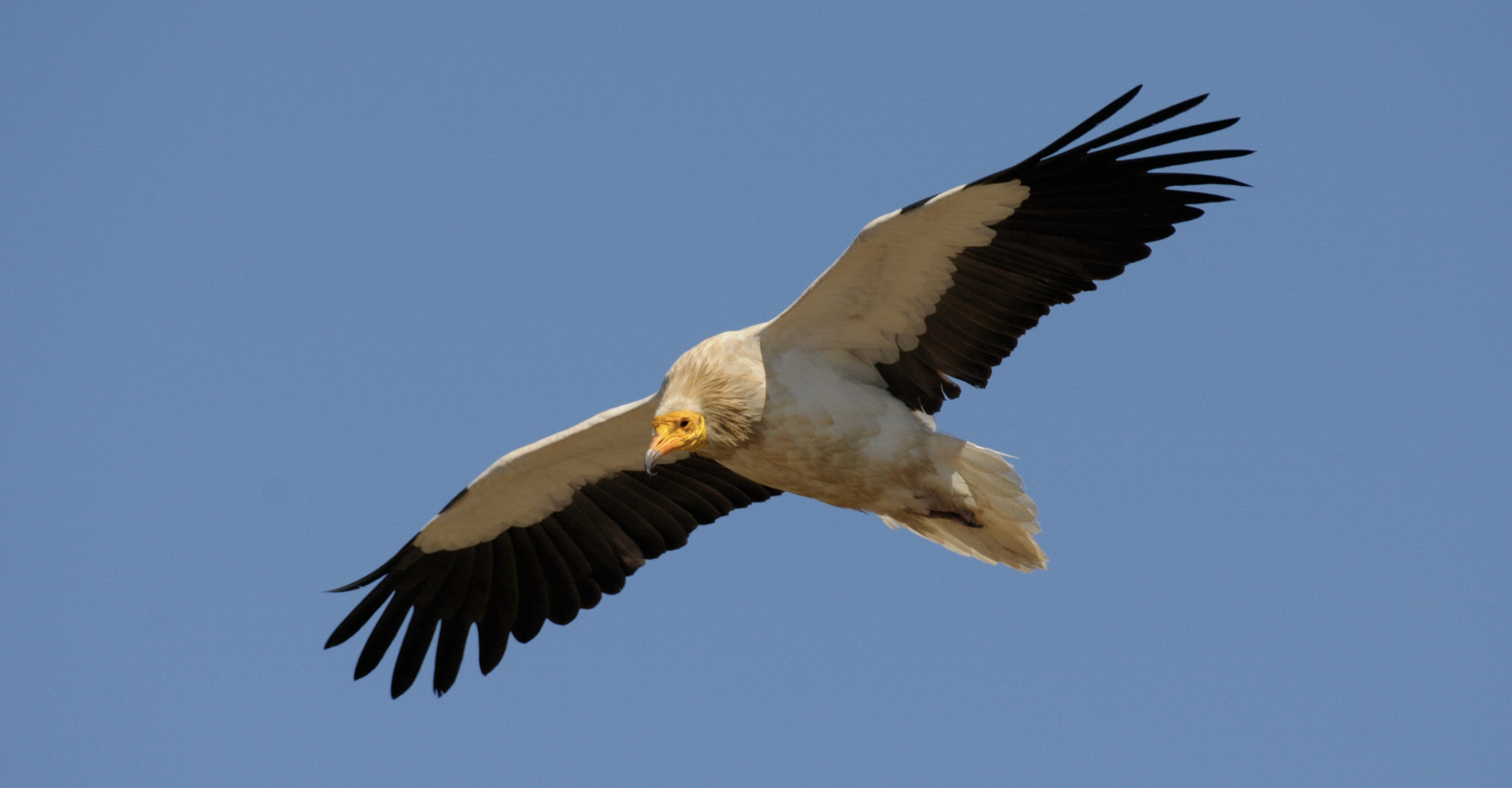Following two days of technical meetings on the implementation of the LIFE RUPIS project – that aims to strength the populations of Egyptian Vulture in Douro International valley, a public event was held this week right on the margins of the Douro river, at Barca d´Alva, on the Portuguese-Spanish border, during which the project team, all the project partners and many of the local stakeholders celebrated the project. Several dozens of people, including the secretary of state for nature conservation of the Portuguese government, the mayor of Figueira do Castelo Rodrigo, and managers from the Portuguese and Spanish nature conservation agencies, shared their views and aspirations about this project – while the focus is on the conservation of the rare Egyptian vulture, the project is seen as a catalyst for social change and local development by many.
Within this project, the VCF and partners, including SPEA (BirdLife in Portugal), ATN and Palombar (regional conservation organisations in NE Portugal), the Junta de Castilla y Leon, the Fundación Patrimonio Natural de Castilla Y León, the Portuguese electricity distributor EDP-D, the Portuguese statutory conservation agency ICNF and the Portuguese environmental police force (GNR), will improve management on two trans-border protected areas. There will also be actions to tackle the most important threats to Egyptian vultures, namely food shortages, degradation of the habitat, electrocution risk and the illegal use of poison
The Egyptian vulture is Europe’s most threatened vulture species – classified as “Endangered” at global level. While the three others European vulture species are registering positive trends across Europe, Egyptian vultures still continue to decline in most regions in the continent (and elsewhere).
In the last couple of years the VCF has been involved in a number of projects and initiatives with this species, playing a significant role in the efforts to reverse this trend – from surveying the wintering population in Extremadura to tagging and surveying populations in Turkey, and working on the international species action plan. Now the VCF and a number of other partners are starting an ambitious project that aims to enhance Egyptian vulture populations in the Douro canyon (115+ pairs) – one of the densest populations in the Iberian Peninsula, and Portugal’s remaining stronghold for the species.


